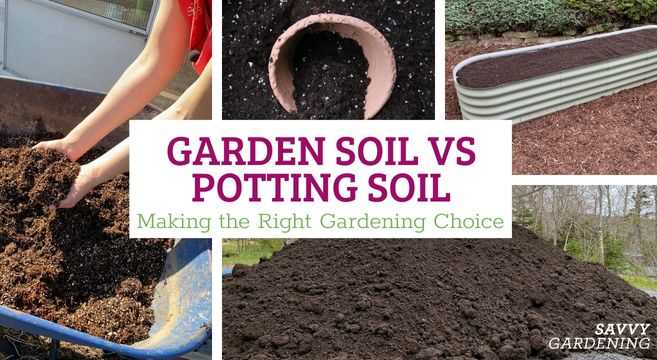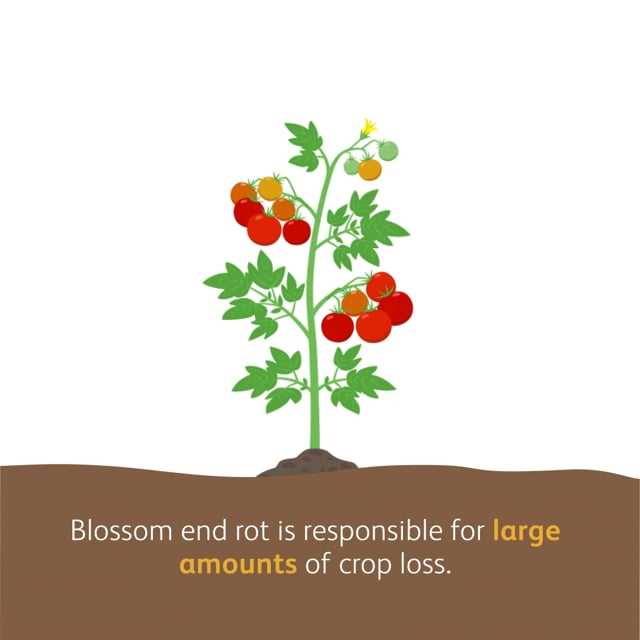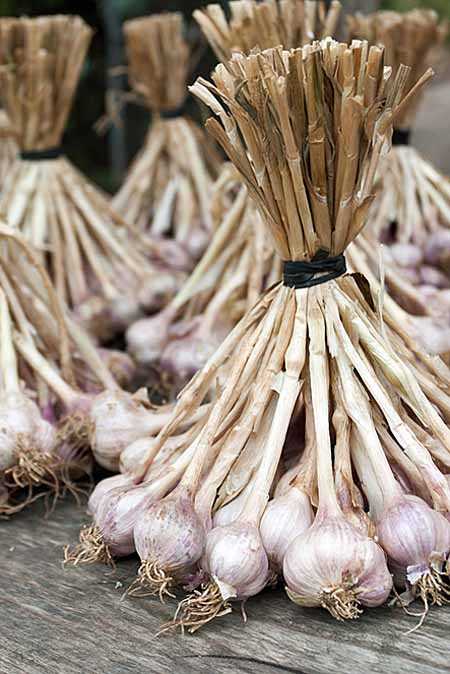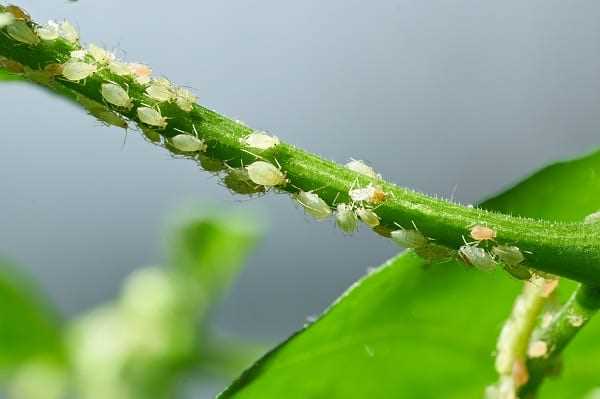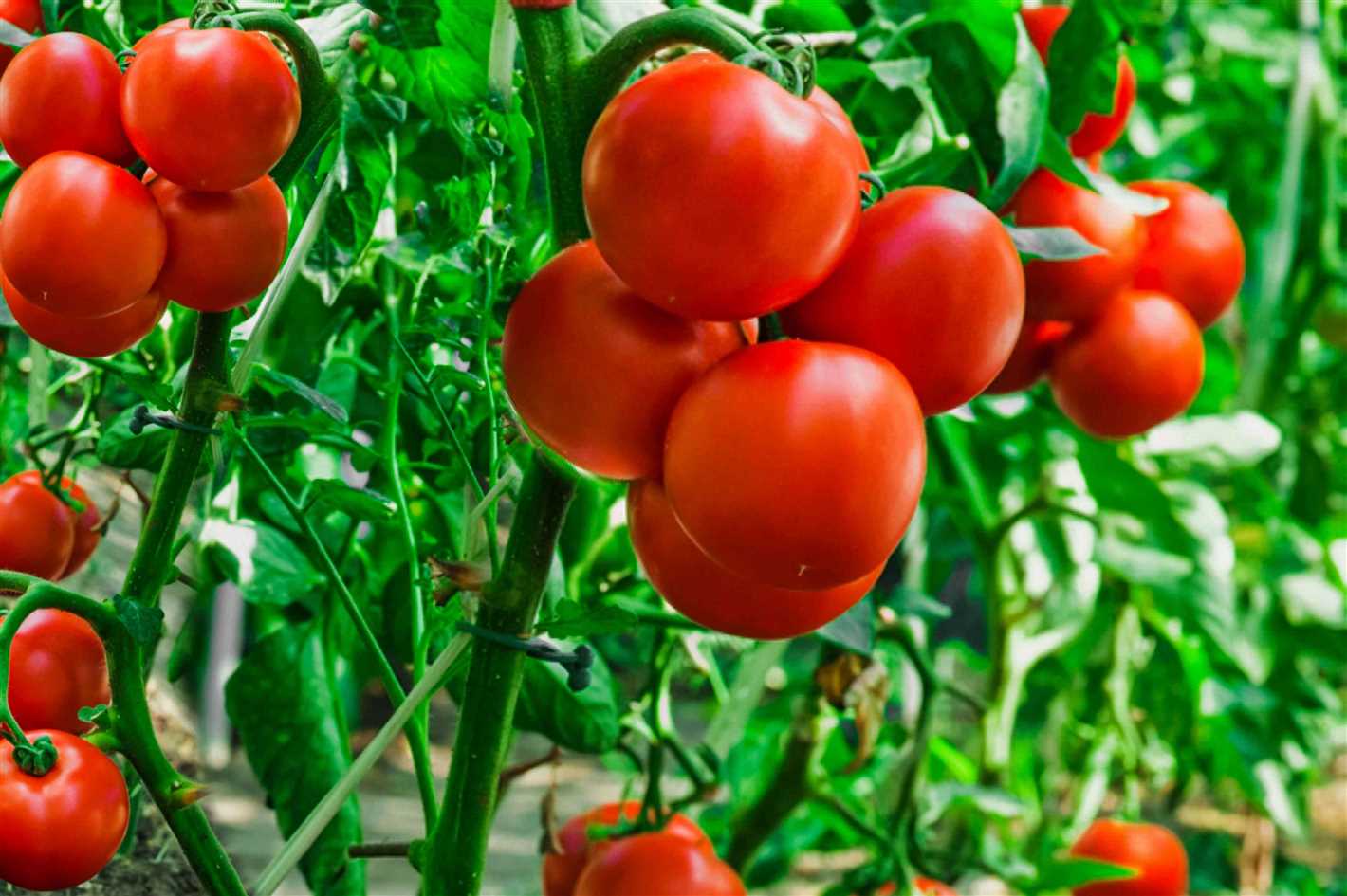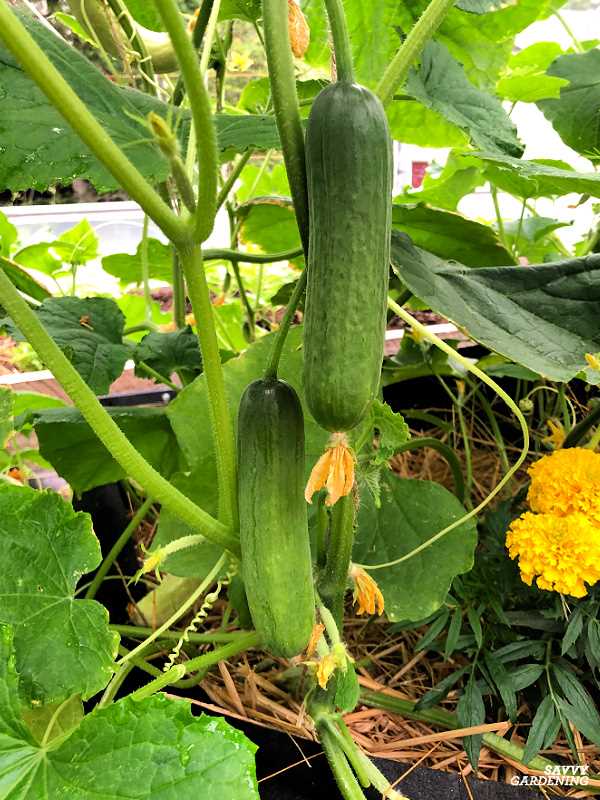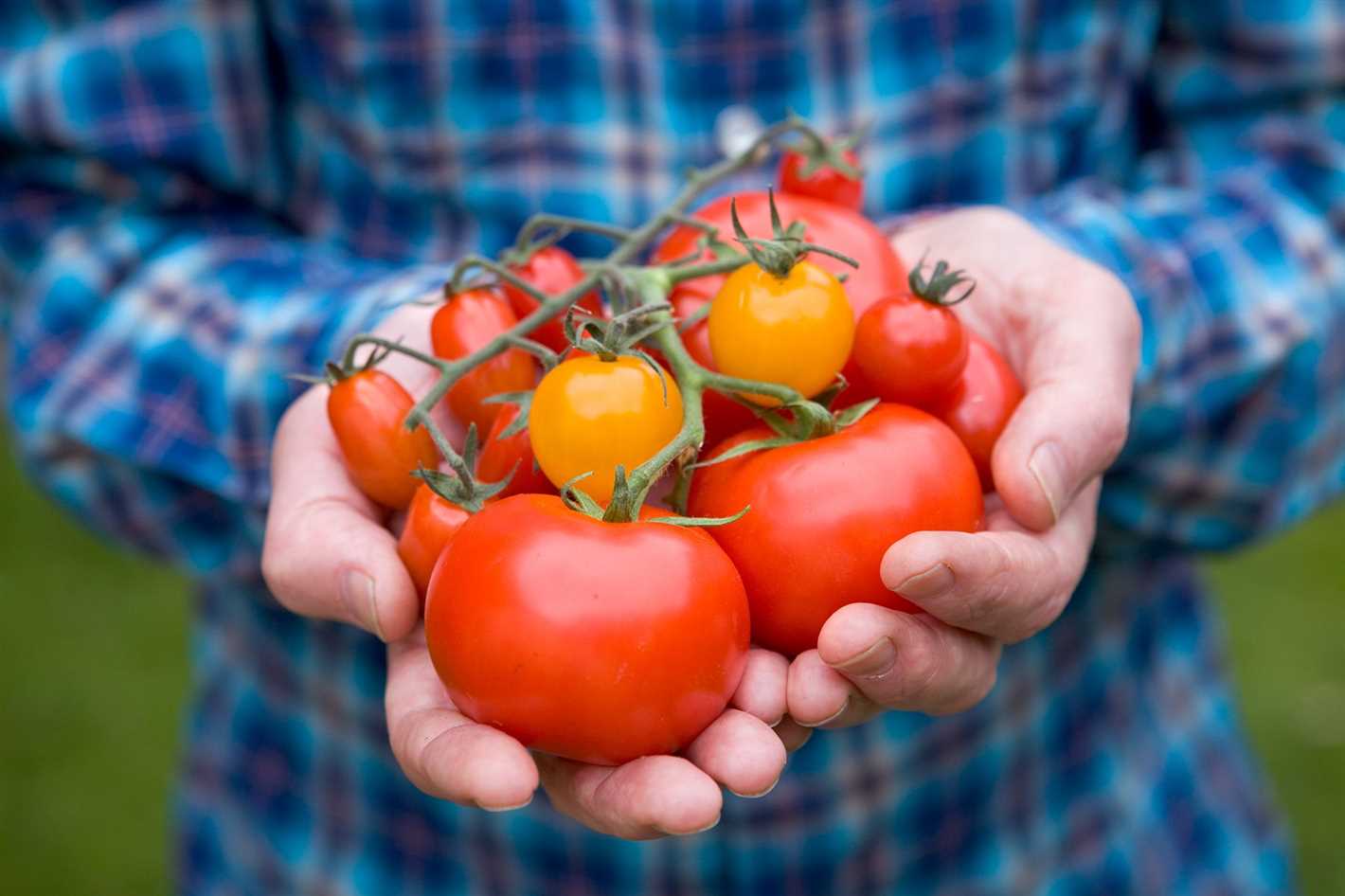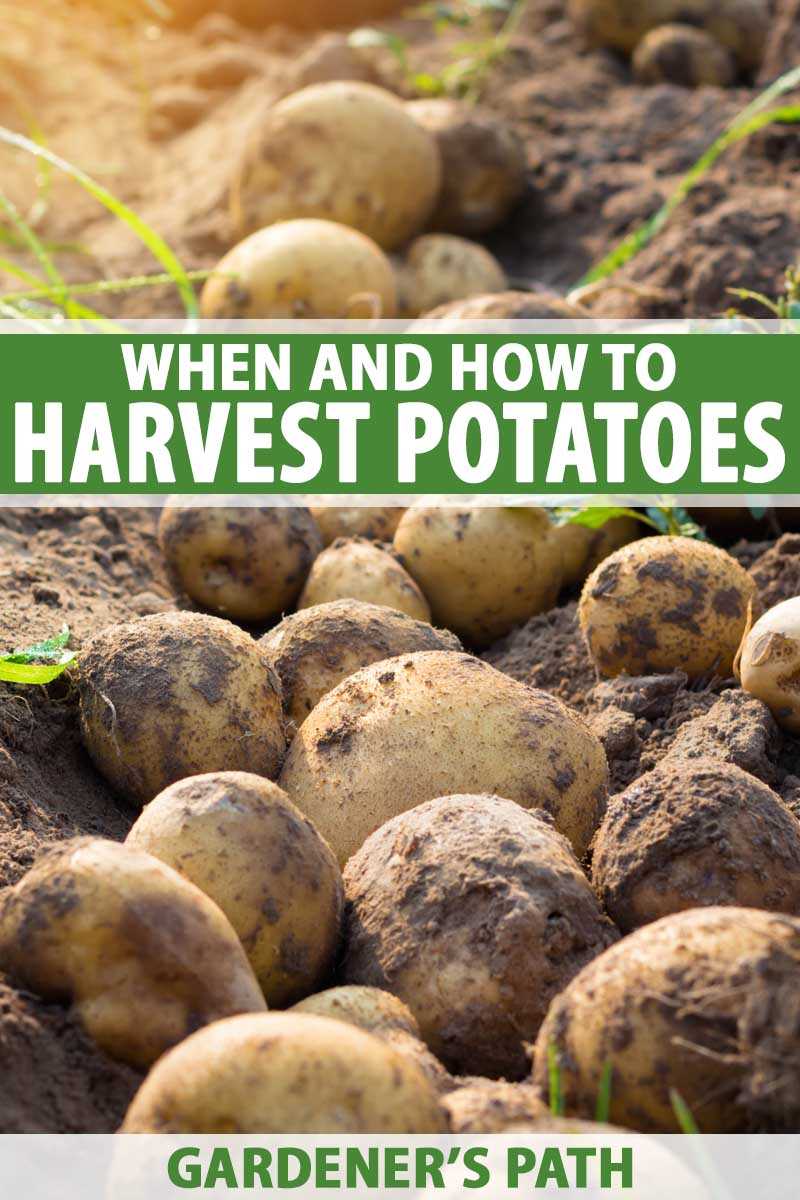- Bitter Cucumbers: Exploring the Causes
- Possible Causes of Bitterness
- Preventing Bitterness
- The Science Behind Bitterness in Cucumbers
- What is Cucurbitacin?
- Why are Some Cucumbers Bitter?
- How to Prevent Bitterness in Cucumbers
- What to Do with Bitter Cucumbers
- Factors Affecting Bitterness in Cucumbers
- 1. Genetics
- 2. Environmental Conditions
- 3. Maturity of the Cucumbers
- 4. Plant Stress
- 5. Cultural Practices
- 6. Seed Enclosure
- Conclusion
- Health Risks of Consuming Bitter Cucumbers
- Prevention and Control of Bitterness in Cucumbers
- 1. Choose the Right Variety
- 2. Proper Harvesting
- 3. Adequate Watering
- 4. Proper Fertilization
- 5. Monitor Temperature
- 6. Remove Bitter Fruits Promptly
- 7. Provide Adequate Airflow
- What to Do with Bitter Cucumbers: Creative Solutions
- 1. Pickle Them
- 2. Blend Them into a Gazpacho
- 3. Use Them in a Stir-Fry
- 4. Make a Cucumber Salad
- 5. Extract the Juice
- Recipes and Ideas for Utilizing Bitter Cucumbers
- 1. Pickle the Cucumbers
- 2. Use the Cucumbers in a Salad
- 3. Cook the Cucumbers
- 4. Make a Cooling Cucumber Drink
- The Future of Bitter Cucumber Research
- 1. Understanding the Genetic Factors
- 2. Improving Cultivation Practices
- 3. Developing Bitterness Detection Methods
- 4. Enhancing Consumer Education
- 5. Exploring Novel Culinary Uses
- Conclusion
- “Question-Answer”
- What causes cucumbers to taste bitter?
- How can I prevent cucumbers from becoming bitter?
- Are there any health risks associated with consuming bitter cucumbers?
- What can I do with bitter cucumbers?
- Is there a way to tell if a cucumber will taste bitter before eating it?
- “Video” KILLING SPIDER MITES & APHIDS DEAD. www.liquidirt.com for how to keep plants healthy.
Cucumbers are a popular vegetable around the world, known for their refreshing and mild flavor. However, have you ever encountered a cucumber that tasted bitter? The experience can be quite unpleasant, leading many to wonder what causes this bitterness and how to prevent it. In this article, we will explore the reasons behind bitter cucumbers and provide tips on how to prevent them from ruining your culinary delights.
One of the main causes of bitterness in cucumbers is the presence of a compound called cucurbitacin. This natural defense mechanism can be found in varying levels in different cucumber varieties. Cucurbitacin is a bitter-tasting compound that acts as a deterrent to pests, ensuring the plant’s survival. Unfortunately, when cucumbers are consumed, particularly if the skin is left on, cucurbitacin can cause a bitter taste that lingers in your mouth.
To prevent bitter cucumbers, it is important to select the right variety. Some cucumber cultivars are bred specifically for their low levels of cucurbitacin, resulting in a sweeter and milder taste. Look for varieties labeled as “burpless” or “sweet” cucumbers, as they are less likely to exhibit bitterness.
If you find yourself with a bitter cucumber, there are a few things you can do to salvage it. One method is to peel the cucumber, as the cucurbitacin is concentrated in the skin. Another option is to remove the seeds, as they can also contain higher levels of the bitter compound. Additionally, soaking the sliced cucumber in cold water for a few minutes can help reduce the bitterness. Finally, you can also try marinating the cucumber slices in a mixture of vinegar, sugar, and salt to mask the bitter taste.
In conclusion, while bitter cucumbers can be a disappointment, understanding their causes and knowing how to prevent and deal with them can help you enjoy this versatile vegetable without any unpleasant surprises. By choosing the right variety and employing some simple techniques, you can ensure that your cucumbers are always crisp, refreshing, and free of bitterness.
Bitter Cucumbers: Exploring the Causes
While cucumbers are generally a refreshing and crisp addition to salads, sandwiches, or enjoyed on their own, there may be instances when they turn out to be bitter. The bitterness in cucumbers can ruin the taste and can be an unpleasant surprise for anyone expecting a fresh and mild flavor.
Possible Causes of Bitterness
Bitterness in cucumbers can be caused by several factors:
- Genetic factors: Some cucumber varieties have a higher chance of being bitter due to genetic factors. Some of these varieties may be bred for other traits, such as disease resistance, and bitterness can be a side effect.
- Maturity: Cucumbers that are overripe or mature are more likely to be bitter. As cucumbers mature, the levels of cucurbitacin, a naturally occurring compound that causes bitterness, can increase.
- Growing conditions: Environmental factors, such as temperature, water, and nutrient levels, can affect the taste of cucumbers. Stressful growing conditions, such as high temperatures or water shortage, can increase bitterness.
- Pollination: Cucumber plants have separate male and female flowers, and if the female flowers are not properly pollinated, they may produce bitter cucumbers. This can happen if there is a lack of pollinators, such as bees, in the garden.
- Improper storage: If cucumbers are stored in improper conditions, such as at high temperatures or alongside ethylene-producing fruits, they can become bitter. Proper storage in a cool and dry place is essential to prevent bitterness.
Preventing Bitterness
To prevent bitterness in cucumbers, follow these tips:
- Grow varieties known for their mild flavor.
- Harvest cucumbers at the right time when they are still young and green.
- Provide consistent watering and adequate nutrients to the plants.
- Ensure proper pollination by attracting pollinators or hand-pollinating the flowers.
- Store cucumbers in a cool and dry place away from ethylene-producing fruits.
By understanding the causes of bitterness in cucumbers and taking appropriate preventive measures, you can enjoy the refreshing taste of cucumbers without any unpleasant surprises.
The Science Behind Bitterness in Cucumbers
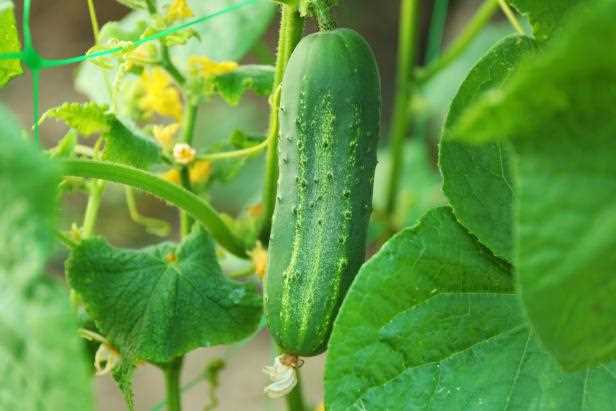
Cucumbers are a popular vegetable enjoyed for their refreshing taste and crisp texture. However, sometimes cucumbers can turn out to be bitter, which can be off-putting and unpleasant. The bitterness in cucumbers is caused by a compound called cucurbitacin.
What is Cucurbitacin?
Cucurbitacin is a naturally occurring chemical compound that belongs to a group of substances known as triterpenes. It is found in various plants, including cucumbers, squash, melons, and gourds. Cucurbitacin acts as a natural defense mechanism for these plants, deterring animals from eating them.
Why are Some Cucumbers Bitter?
While most cultivated cucumber varieties are bred to have very low levels of cucurbitacin, there are several factors that can cause an increase in its concentration, leading to bitter cucumbers:
- Genetics: Some cucumber varieties naturally contain higher levels of cucurbitacin. If you are growing your own cucumbers, it is important to choose a variety that is known for its low bitterness.
- Stress: Environmental stress, such as drought or high temperatures, can trigger the production of higher levels of cucurbitacin in cucumbers. This is the plant’s response to protect itself from potential threats.
- Pollination: Bitterness in cucumbers can also be caused by cross-pollination with wild or bitter cucumber plants. If the female flower of a cucumber plant is pollinated by a wild or bitter cucumber, the resulting fruit may be bitter.
How to Prevent Bitterness in Cucumbers
To prevent bitterness in cucumbers, follow these guidelines:
- Choose the right variety: Select cucumber varieties that are known for their low bitterness. Look for terms like “bitter-free” or “burpless” when buying seeds or seedlings.
- Provide optimal growing conditions: Cucumbers thrive in well-drained soil and require consistent watering. Avoid extreme temperatures and stressors that can increase bitterness.
- Isolate plants: If you are growing different varieties of cucumbers or other cucurbit plants, ensure they are sufficiently separated to prevent cross-pollination and the risk of bitterness.
What to Do with Bitter Cucumbers
If you find yourself with bitter cucumbers, there are a few things you can try to salvage them:
- Peeled cucumbers: The bitterness in cucumbers is most concentrated in the skin and the first few millimeters beneath it. Peeling the cucumber can help reduce the bitterness.
- Salting and rinsing: Some people find that soaking bitter cucumbers in saltwater or vinegar can help remove the bitterness. However, this method may alter the overall flavor of the cucumber.
- Cooking: Bitter cucumbers can be cooked and used in various dishes where the bitterness may be masked or balanced out by other flavors.
By understanding the science behind bitterness in cucumbers and taking preventative measures, you can ensure that the cucumbers you enjoy are crisp, refreshing, and free of any unpleasant bitterness.
Factors Affecting Bitterness in Cucumbers
Bitterness in cucumbers can be caused by several factors, which can vary from plant to plant and even within the same plant. It is important to understand these factors in order to prevent the development of bitter cucumbers. Some of the key factors affecting bitterness in cucumbers are:
1. Genetics
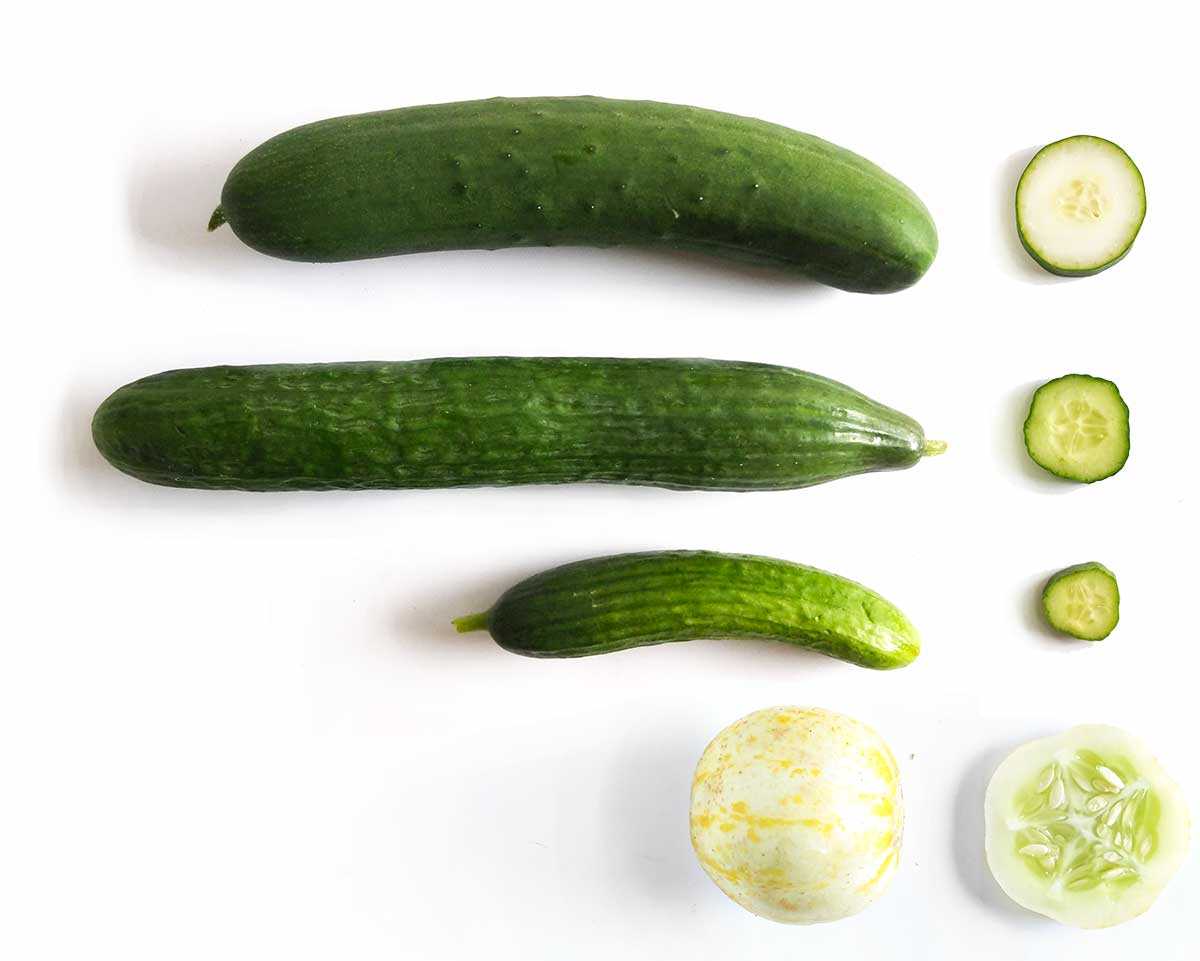
The genetic makeup of a cucumber plant plays a significant role in determining its bitterness. Some cucumber varieties are naturally more bitter than others. Therefore, selecting the right cucumber variety with lower bitterness potential can help in reducing the chances of growing bitter cucumbers.
2. Environmental Conditions
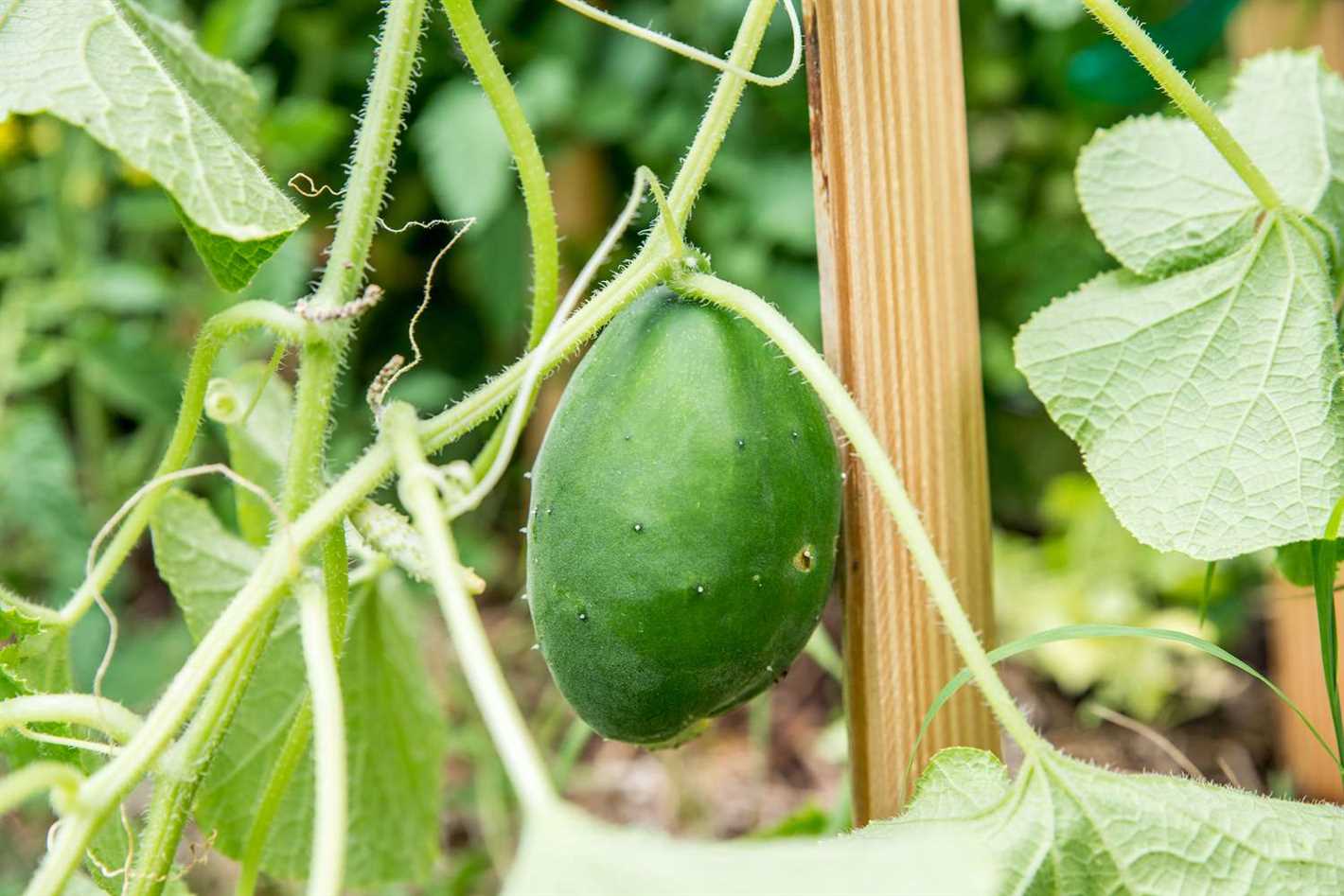
The environmental conditions in which cucumber plants are grown can also influence their bitterness. High temperatures and inadequate moisture can stress the plants, triggering the production of bitter compounds. Providing consistent watering and protecting the plants from extreme heat can help mitigate this factor.
3. Maturity of the Cucumbers
The stage of maturity at which cucumbers are harvested can affect their bitterness. Immature cucumbers tend to be more bitter than fully mature ones. It is important to harvest cucumbers at their optimal stage of maturity, which is usually when they have reached a desirable size and have a firm texture.
4. Plant Stress
When cucumber plants experience stress, such as from pest attacks or disease infections, they can produce more bitter compounds as a defense mechanism. Maintaining a healthy growing environment, using proper pest control measures, and promptly addressing any signs of diseases can help prevent plant stress and reduce the chances of bitterness in cucumbers.
5. Cultural Practices
The cultural practices employed in cucumber cultivation can also impact the bitterness of the cucumbers. Over-fertilization, especially with nitrogen-rich fertilizers, can contribute to increased bitterness. It is important to follow recommended fertilization practices and avoid excessive use of fertilizers to prevent bitterness in cucumbers.
6. Seed Enclosure
In some cases, the seeds of cucumbers can be a source of bitterness. The seeds may contain higher levels of cucurbitacin, a compound responsible for bitterness. Removing the seeds from cucumbers before consumption or using seedless cucumber varieties can help avoid the bitter taste.
Conclusion
Bitterness in cucumbers can be influenced by genetics, environmental conditions, maturity, plant stress, cultural practices, and seed enclosure. By understanding and addressing these factors, it is possible to reduce the chances of growing bitter cucumbers and enjoy their refreshing taste without any unpleasant bitterness.
Health Risks of Consuming Bitter Cucumbers
1. Gastrointestinal Distress:
- Eating bitter cucumbers can lead to gastrointestinal problems such as indigestion, bloating, abdominal pain, and diarrhea.
- The bitter taste in cucumbers is often associated with cucurbitacin compounds, which can cause irritation to the digestive system.
2. Toxicity:
- Cucurbitacin compounds found in bitter cucumbers can be toxic if consumed in large quantities.
- Excessive intake of cucurbitacins can lead to symptoms like nausea, vomiting, dizziness, and even liver damage.
3. Allergic Reactions:
- Some individuals may be allergic to cucumbers, and consuming bitter cucumbers can trigger allergic reactions.
- These allergic reactions may include itching, swelling, hives, and difficulty breathing.
4. Pesticide Residue:
- Cucumbers, especially those grown conventionally, may contain pesticide residue.
- Consuming bitter cucumbers with pesticide residue can have negative effects on health, including toxic buildup in the body over time.
5. Nutrient Deficiency:
- If you avoid eating cucumbers due to their bitterness, you may miss out on their nutritional benefits.
- Cucumbers are a good source of vitamins and minerals, such as vitamin K, vitamin C, potassium, and magnesium. Avoiding them may result in nutrient deficiencies.
It is important to note that not all bitter cucumbers are harmful.
If you accidentally consume a bitter cucumber, it is best to spit it out and discard it.
If you experience severe symptoms or are concerned about your health, consult a healthcare professional.
Prevention and Control of Bitterness in Cucumbers
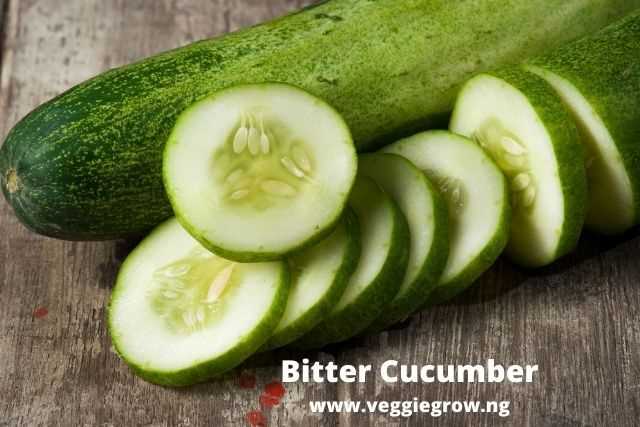
When it comes to cucumbers, bitterness can ruin the taste of the entire fruit. Here are some preventive measures and control methods you can use to avoid bitter cucumbers:
1. Choose the Right Variety
Start by selecting cucumber varieties that are known for their mild taste and low bitterness. There are several options available, such as the Burpless or English cucumber varieties.
2. Proper Harvesting
Harvesting cucumbers at the right stage of maturity is crucial in preventing bitterness. Bitterness tends to increase as cucumbers ripen, so pick them when they are still young and firm, typically 6 to 8 inches in length.
3. Adequate Watering
Ensure that your cucumber plants receive consistent and adequate watering throughout the growing season. Inconsistent watering, especially long dry periods followed by heavy watering, can trigger stress in the plant and lead to bitter cucumbers.
4. Proper Fertilization
Applying the right balance of nutrients to your cucumber plants is essential. Avoid excessive nitrogen fertilization, as this can contribute to bitterness. Instead, use a balanced fertilizer that provides the necessary nutrients without promoting excessive vegetative growth.
5. Monitor Temperature
Keep an eye on the temperature conditions in your cucumber patch. High temperatures can increase the likelihood of bitterness in cucumbers. Provide shade or use shade cloth to protect your plants from excessive heat, especially during hot summer months.
6. Remove Bitter Fruits Promptly
If you notice any bitter cucumbers in your harvest, remove them immediately. Bitterness can spread to other fruits, so it’s important to prevent further contamination.
7. Provide Adequate Airflow
Good airflow around your cucumber plants can help reduce humidity levels and prevent diseases that may contribute to bitterness. Proper spacing between plants and careful pruning can help promote better airflow.
By implementing these preventive measures and control methods, you can greatly reduce the risk of bitterness in your cucumber crop and enjoy delicious, refreshing cucumbers throughout the growing season.
What to Do with Bitter Cucumbers: Creative Solutions
If you find yourself with a batch of bitter cucumbers, fear not! There are several creative solutions you can try to salvage these cucumbers and still enjoy them in various dishes. Here are some ideas:
1. Pickle Them
Pickling is a great way to transform bitter cucumbers into a flavorful and tangy side dish. Start by slicing the cucumbers and placing them in a jar. In a separate pot, combine equal parts water and vinegar, along with some sugar, salt, and your choice of spices. Bring the mixture to a boil and then pour it over the cucumbers in the jar. Seal the jar and let it sit in the fridge for a few days to develop the flavors. Your pickled cucumbers will be a delicious addition to sandwiches and salads.
2. Blend Them into a Gazpacho
Gazpacho is a refreshing chilled soup that typically features tomatoes and cucumbers. By blending your bitter cucumbers with ripe tomatoes, bell peppers, garlic, olive oil, and some herbs, you can create a flavorful gazpacho that masks the bitterness of the cucumbers. Serve it cold and garnish with some fresh herbs for a refreshing summer soup.
3. Use Them in a Stir-Fry
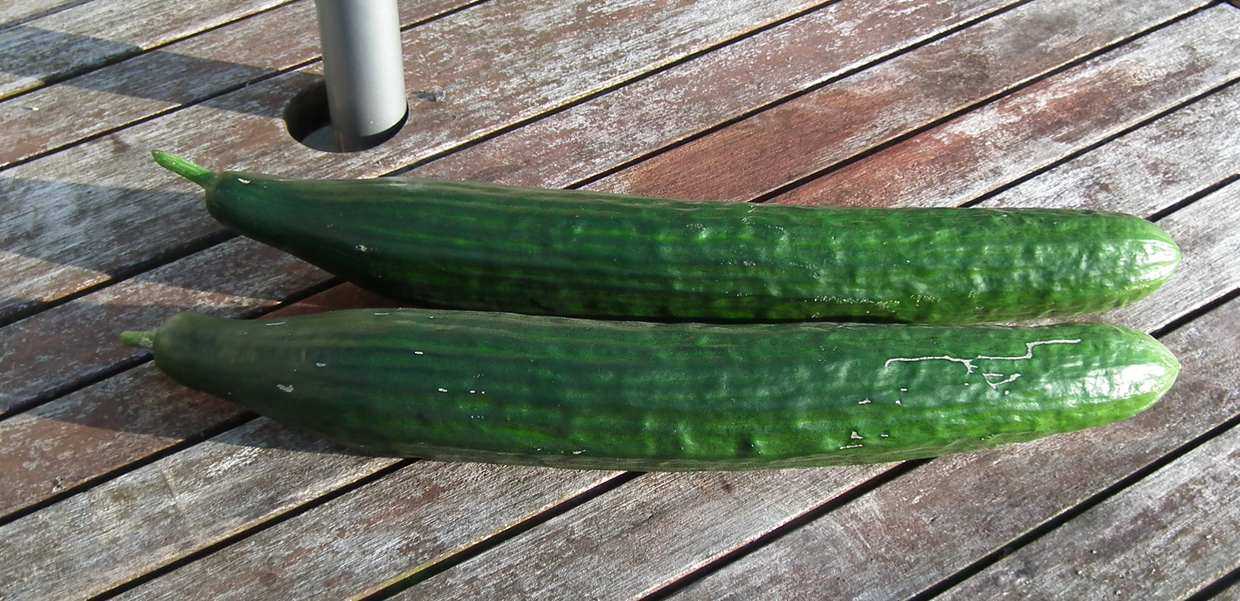
Bitter cucumbers can be sliced and used in stir-fries. Their bitterness can add a unique flavor to the dish when combined with other ingredients like soy sauce, ginger, garlic, and your choice of protein. Cook them quickly over high heat to retain some crunchiness while mellowing out the bitter taste. Serve over steamed rice or noodles for a satisfying meal.
4. Make a Cucumber Salad
Transform your bitter cucumbers into a refreshing salad by combining them with other ingredients that complement their bitterness. Mix thinly sliced cucumbers with some sweet and juicy fruits such as watermelon or oranges. Add some herbs like mint or basil, and dress the salad with a citrus vinaigrette or a honey-lime dressing. The combination of flavors will balance out the bitterness and create a delicious and unique salad.
5. Extract the Juice
If all else fails, you can extract the juice from the bitter cucumbers and use it in other recipes. The juice can be added to refreshing beverages like lemonade or mixed with other fruit juices for a unique flavor combination. You can also use the cucumber juice in cocktails or freeze it into ice cubes to add a refreshing twist to your drinks.
Remember, it’s always a good idea to taste a small piece of the cucumber before using it in a recipe. If the bitterness is tolerable, you can still use it in various dishes. However, if the bitterness is overpowering, it’s best to try one of these creative solutions to salvage your cucumbers and enjoy them in new and exciting ways.
Recipes and Ideas for Utilizing Bitter Cucumbers
If you find yourself with a bitter cucumber, don’t despair! There are a few ways you can still enjoy it, either by masking the bitterness or by using it in recipes that complement its flavor. Here are a few ideas:
1. Pickle the Cucumbers
Pickling is a great way to use bitter cucumbers. The brine and vinegar will help to counteract the bitterness, resulting in a tasty and tangy pickle. Here’s a simple recipe to try:
- Wash and slice the cucumbers into spears or slices.
- In a saucepan, combine equal parts water and vinegar, along with some salt, sugar, and your favorite pickling spices (such as dill or garlic).
- Bring the mixture to a boil and then reduce the heat and simmer for a few minutes.
- Place the cucumber slices or spears in clean jars and pour the hot pickling liquid over them.
- Seal the jars and let them cool before refrigerating. The pickles will be ready to eat in a day or two.
2. Use the Cucumbers in a Salad
While bitter cucumbers may not be ideal for enjoying on their own, they can still add a refreshing crunch to salads. Pair them with other vegetables and ingredients that have strong flavors to balance out the bitterness. Here’s a simple salad idea:
- Thinly slice the bitter cucumbers and place them in a bowl.
- Add some tangy lemon juice, a drizzle of olive oil, and a pinch of salt and pepper.
- Toss the cucumbers with fresh herbs like mint or basil, and add in some sliced red onion for extra flavor.
- Let the salad marinate for a few minutes before serving to help mellow out the bitterness.
3. Cook the Cucumbers
Cooking bitter cucumbers can help to soften their flavor and make them more enjoyable. Here’s a simple stir-fry recipe to try:
- Heat some oil in a skillet or wok over medium-high heat.
- Add thinly sliced bitter cucumbers to the hot pan and cook for a few minutes until they start to soften.
- Throw in some other vegetables like bell peppers, onions, or mushrooms for added flavor and texture.
- Add in some soy sauce, garlic, and ginger for a delicious Asian-inspired flavor.
- Cook everything together until the cucumbers are tender but still slightly crisp.
4. Make a Cooling Cucumber Drink
If the bitterness of the cucumber is too strong to enjoy, you can still use it to create a refreshing and cooling drink. Here’s a simple recipe for a cucumber-infused water:
- Thinly slice the bitter cucumbers and place them in a pitcher.
- Add some fresh herbs like mint or basil for added flavor.
- Fill the pitcher with ice-cold water and let it sit in the refrigerator for a few hours to allow the flavors to infuse.
- Strain out the cucumbers and herbs, and serve the cucumber water over ice.
Don’t let a bitter cucumber go to waste. With a little creativity and the right ingredients, you can still enjoy its unique flavor in a variety of delicious ways. Give these recipes and ideas a try and make the most of your bitter cucumbers!
The Future of Bitter Cucumber Research
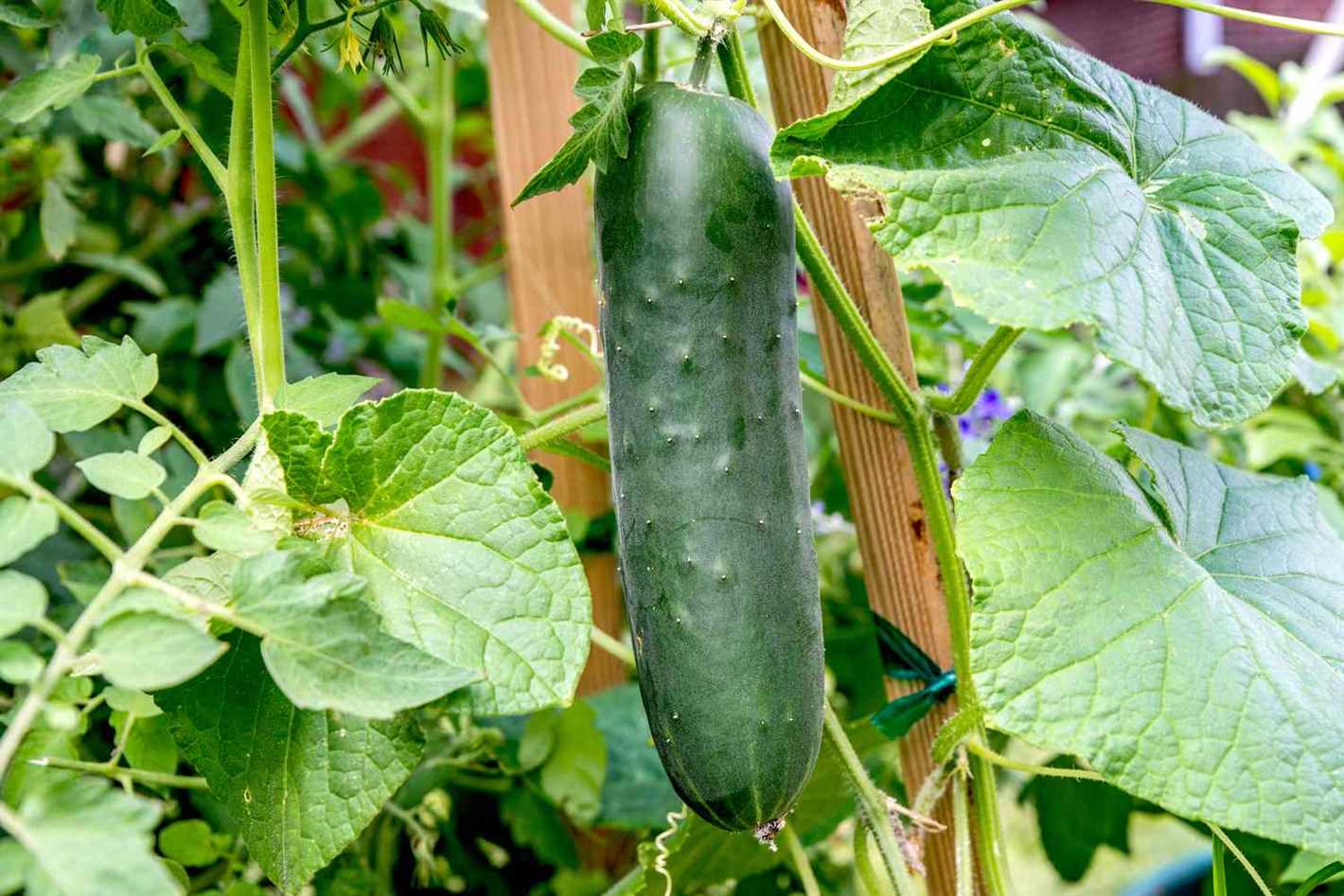
1. Understanding the Genetic Factors
One of the main areas of future research on bitter cucumbers will be to understand the genetic factors that contribute to their bitterness. Scientists will delve into the cucumber’s genome to identify the specific genes responsible for bitter taste. This knowledge will enable breeders to develop new cucumber varieties that are less likely to turn bitter.
2. Improving Cultivation Practices
Researchers will continue to focus on improving cultivation practices to reduce the occurrence of bitter cucumbers. They will conduct studies to determine the optimum growing conditions, such as soil composition, watering techniques, and temperature control, that can minimize the chances of cucumbers turning bitter. This knowledge will help farmers produce better-quality cucumbers and reduce waste.
3. Developing Bitterness Detection Methods
Another area of research will be the development of rapid and reliable methods to detect bitterness in cucumbers. Currently, bitter cucumbers are usually identified through taste tests, which are subjective and time-consuming. Scientists will work on devising technologies that can quickly and objectively assess the bitterness levels in cucumbers, ensuring better quality control in the cucumber industry.
4. Enhancing Consumer Education
Future research should also focus on educating consumers about bitter cucumbers. Many people are unaware of the causes and prevention methods for bitterness in cucumbers. Researchers can collaborate with nutritionists and food bloggers to create informative materials and publicize them through social media, cooking shows, and other platforms. This will help increase awareness and enable consumers to make better choices when selecting and handling cucumbers.
5. Exploring Novel Culinary Uses
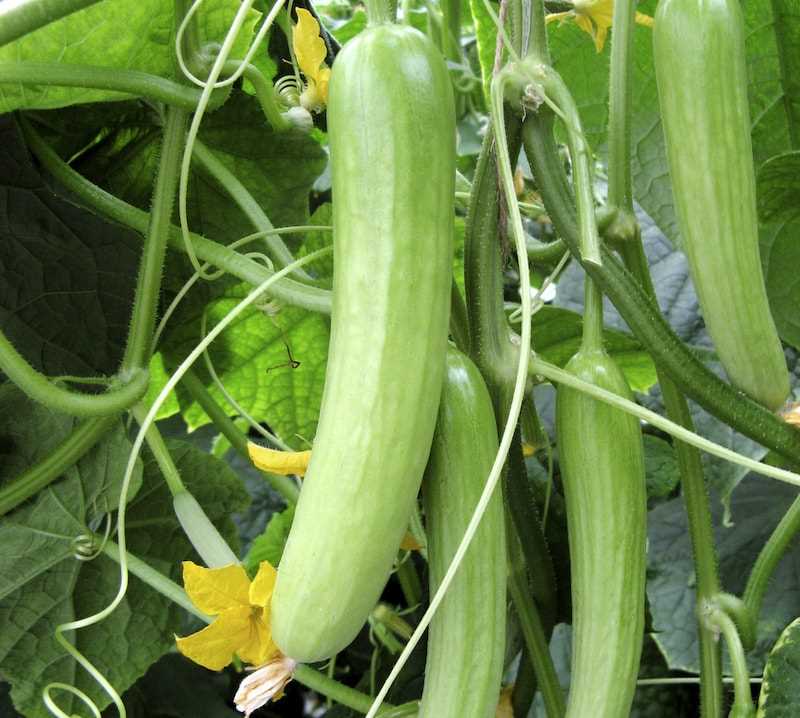
Rather than completely discarding bitter cucumbers, future research could also explore novel culinary uses for them. Scientists can work with chefs and culinary experts to develop recipes and cooking techniques that can transform bitter cucumbers into delicious dishes. This will not only reduce waste but also provide consumers with new and exciting culinary experiences.
Conclusion
The future of bitter cucumber research holds great promise. With advancements in genetics, cultivation practices, bitterness detection methods, consumer education, and culinary innovation, the occurrence of bitter cucumbers can be significantly reduced. This will benefit both farmers and consumers, ensuring a consistent supply of high-quality cucumbers that are enjoyable to eat.
“Question-Answer”
What causes cucumbers to taste bitter?
Cucumbers can taste bitter due to a compound called cucurbitacin, which is naturally present in the vegetable. However, excessive bitterness can occur when the cucumber plant undergoes stress, such as inadequate watering or high temperatures.
How can I prevent cucumbers from becoming bitter?
To prevent cucumbers from becoming bitter, it is essential to provide them with proper care. This includes consistent watering, providing shade during extremely hot weather, and avoiding over-fertilization. Additionally, choosing sweet and mild cucumber varieties can also help reduce bitterness.
Are there any health risks associated with consuming bitter cucumbers?
Consuming small amounts of bitter cucumbers is generally not harmful. However, cucurbitacin, the compound responsible for bitterness, can cause digestive discomfort in some individuals. It is advisable to taste a small piece of a cucumber before consuming a larger amount to ensure it is not excessively bitter.
What can I do with bitter cucumbers?
If you have bitter cucumbers, there are several options to make them more palatable. One method is to peel the skin off the cucumber, as it tends to contain higher levels of cucurbitacin. Another option is to soak sliced cucumbers in saltwater for about 30 minutes to leach out some of the bitterness. Additionally, using bitter cucumbers in recipes where the bitterness can be balanced out, such as pickling or cooking, can also be a good solution.
Is there a way to tell if a cucumber will taste bitter before eating it?
Unfortunately, there is no surefire way to tell if a cucumber will taste bitter before eating it. However, some visual indicators, such as a more intense green color or a bumpy texture, can suggest higher levels of cucurbitacin. It is best to taste a small piece of the cucumber before consuming a larger amount to gauge its bitterness.
